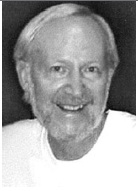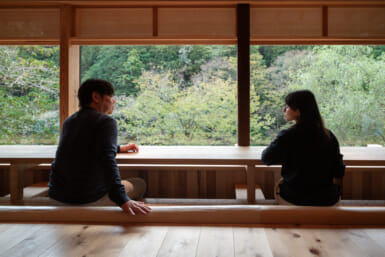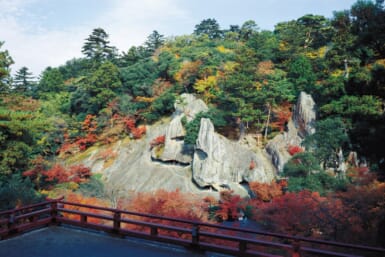Ever imagined the Tokyo gaijin community as an extended version of the classic film “Casablanca?” The tagline for the film’s preview was “They had a date with fate in Casablanca!” I sometimes wonder how many of us have a date with fate in places like Roppongi, Shinjuku and Ikebukuro — not to mention Hiroo, Tsukiji and Kawasaki too of course.
I have encountered similar characters in Tokyo from “Casablanca” such as Humphrey Bogart (Rick), Claude Rains (Capt. Louis Renault), Ingrid Bergman (Ilsa), Paul Henreid (Victor Lazlo), Conrad Veidt (Maj Strasser), Sydney Greenstreet (Signor Ferrari) and Peter Lorre (Ugarte). These characters could be found wandering around a Roppongi-style version of Rick’s Café, or plumbing the depths of a Kabukicho bistro. There have been wheelers and dealers peddling their wares in a variety of ways as in Rick’s Café. Saints and sinners, the worst and the best and all those in between, have come and gone (and are still here). In various ways they have charmed, conned and cavorted their way through our version of “Casablanca.”
Sometimes I fantasize myself bellying up to a piano bar and saying “Play it, Taro. Play ‘As Time Goes By,’” and a million memories come tumbling back about old Tokyo. I can remember the old Fugetsudo tea house in east Shinjuku (alas, no longer there) that used to be famous (infamous?) on the old hippy backpackers’ Far East/South East Asia route. Bizarre looking characters in Tibetan caps and Himalayan snow boots would gather there for a cup of tea and talk about the best place to stay in Kathmandu or Calcutta, while attempting to sell an assortment of goods (some illicit) collected on their travels. This Fugetsudo was so notorious that practically every other customer was an easy to spot plainclothes policeman self consciously sipping a lemon tea, waiting for some reason to pounce on this delicious den of hen na gaijin. Many people, old and young, also came because it was the best place at the time to practice one’s English.
This was long before all the tame and colourless salon style English language schools in front of every train station. This was when you could still hear a fascinating story from someone just back from Benares, or be regaled with outrageous anecdotes about the wild and woolly ashram of Bhagwan Sri Rajneesh, the sex guru. And, all of this atmosphere and entertainment simply for the price of a cup of tea. There was also a lively assortment of beer halls and bars in the backstreets near Isetan where all the leftist student activists used to headquarter themselves in the evening to plan the next misguided but intense demonstration against the establishment. The beer and political rhetoric flowed in equal quantities.
These were the days before the great economic boom days of the ’80s when most gaijin were here because of some strange attraction to Japan, not because they were on the corporate rotation roster and assigned to Tokyo to make as much money for the firm as possible. A gaijin who spoke Japanese was still a rare commodity, and relationships were of a delightful, earthy variety.
It wasn’t a world for the faint-hearted or overly introverted. One night I was winding my way back home to my gesshuku (student house) from an entertaining evening in Shinjuku, when I happened across a policeman struggling with a ninja like man clad all in black in the back garden of the gesshuku.
As it turned out the “ninja” was a burgler who was spotted by the omarisan as he made his late night patrol of the neighbourhood. Overwhelmed with citizen zeal (or was it because I was in my cups?), I pitched in and helped the policeman subdue this man. The handcuffs were duly clapped on, and the cop, surprised but grateful even for gaijin help, asked me to sit on the burglar while he ran down to the police box to raise the alarm and get more help.
In a matter of moments every policeman on bicycle, in a patrol car or on foot in the area descended on the back garden to assist in the arrest of the thief. They took a look at me standing there with a handcuffed man in black and, without a moment’s hesitation, they all jumped on me and put me under arrest, totally ignoring the Japanese fellow standing next to me in handcuffs.
Fortunately for me the original cop returned, and said: “Not him you idiots — it’s the one in black with my handcuffs on him.” There was a moment of embarrassed silence and perhaps some regret and disappointment as the focus of the arrest was switched to the real culprit — and not one of the usual suspects.









